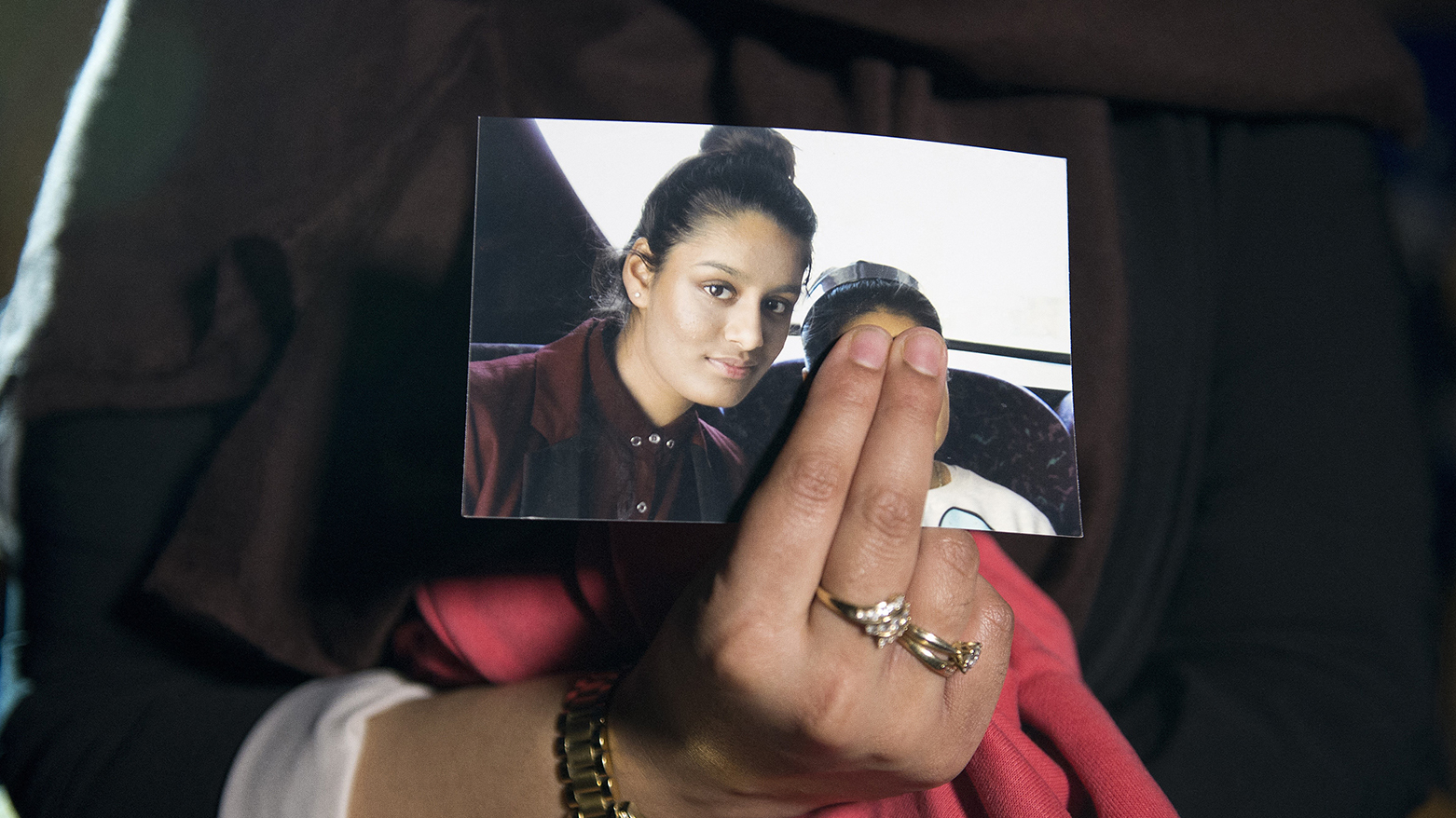Former 'IS bride' loses appeal against removal of UK citizenship

London, United Kingdom (AFP) - A woman stripped of her British citizenship after leaving the country as a teenager to marry an Islamic State group fighter lost her appeal against the decision on Friday.
London's Court of Appeal rejected all five arguments presented by Shamima Begum, 24, although she can still take the case to the supreme court.
"It could be argued that the decision in Miss Begum's case was harsh, it could also be argued that Miss Begum is the author of her own misfortune," said judge Sue Carr as she delivered the decision.
"But it is not for this court to agree or disagree with either point of view, our only task is to assess whether the deprivation decision was unlawful. We have concluded it was not and the appeal is dismissed," she added.
Begum took her case against the revocation of her citizenship to the appeal court in October last year.
Her legal team argued that the government had failed to consider its legal duties to Begum as a potential victim of trafficking.
Begum, whose family is of Bangladeshi origin, was 15 years old when she left her east London home for Syria with two school friends in 2015.
While there, she married an IS fighter and had three children, none of whom survived.
In February 2019, Begum said she was left stateless when Britain's interior minister at the time, Sajid Javid, revoked her British citizenship on national security grounds after she was found in a Syrian refugee camp.
A UK tribunal ruled in 2020 that she was not stateless because she was "a citizen of Bangladesh by descent" when the decision was made, by virtue of her Bangladeshi mother.
Last year, Begum lost a challenge against the decision at the Special Immigration Appeals Commission (SIAC).
The SIAC said that while there was a "credible suspicion that Begum was recruited, transferred and then harboured for the purpose of sexual exploitation", this did not prevent Javid from removing her citizenship.
The ruling meant that Begum could not return to the UK from her current home, a refugee camp in northern Syria.
Lawyers for the Home Office have argued that SIAC's conclusion was correct.
Begum is one of hundreds of Europeans whose fate has challenged governments following the 2019 collapse of the Islamist extremists' self-styled caliphate.
Begum's lawyer told the SIAC hearing that her client had been "influenced" along with her friends by a "determined and effective" IS group "propaganda machine".
Around 900 people are estimated to have travelled from Britain to Syria and Iraq to join the IS group. Of those, around 150 are believed to have been stripped of their citizenship, according to government figures.
